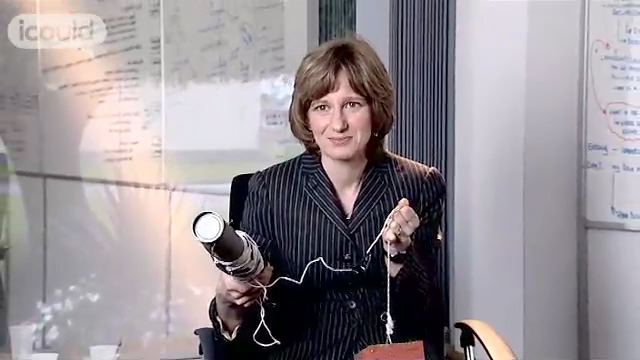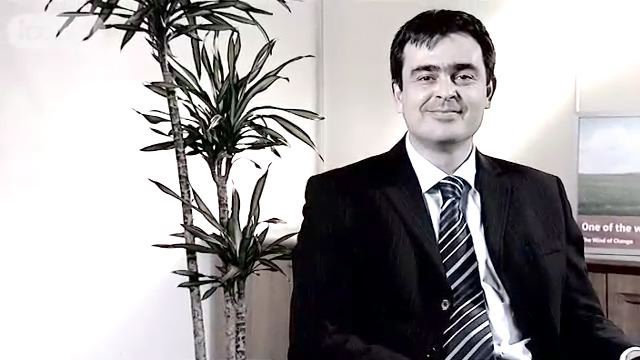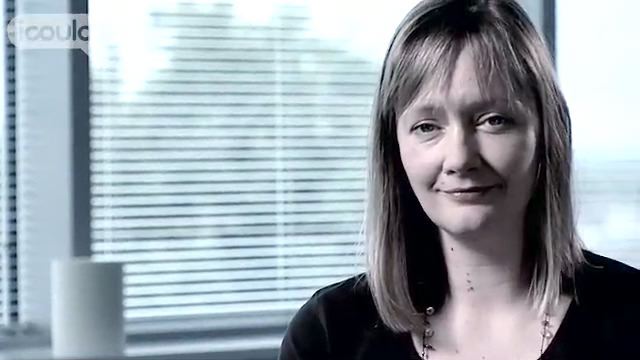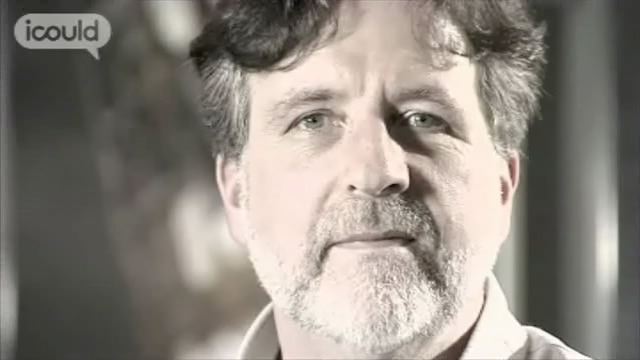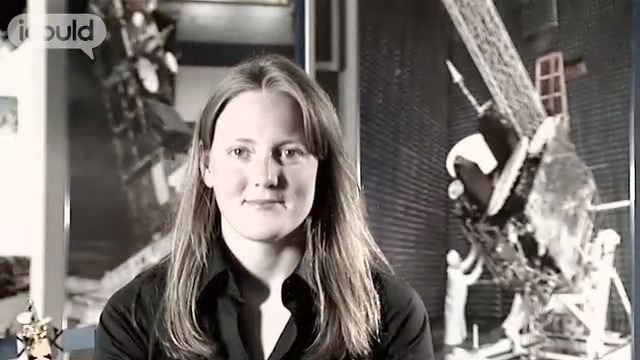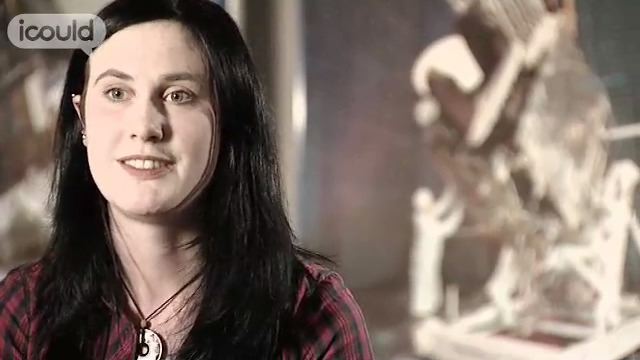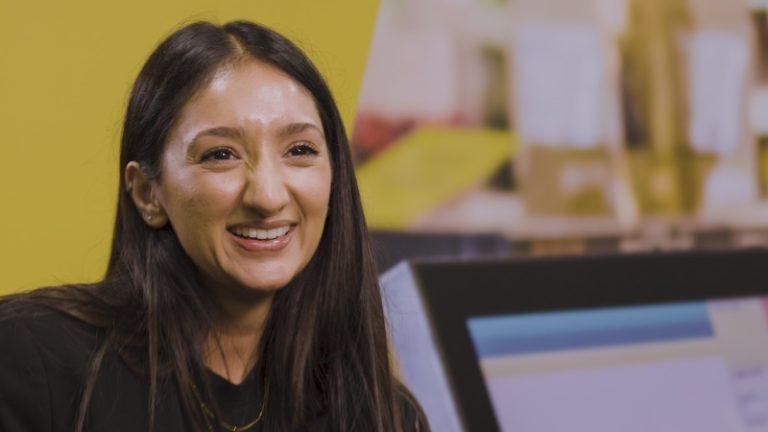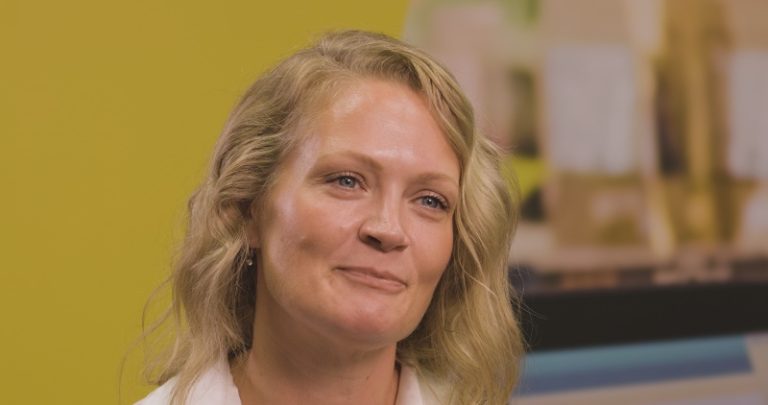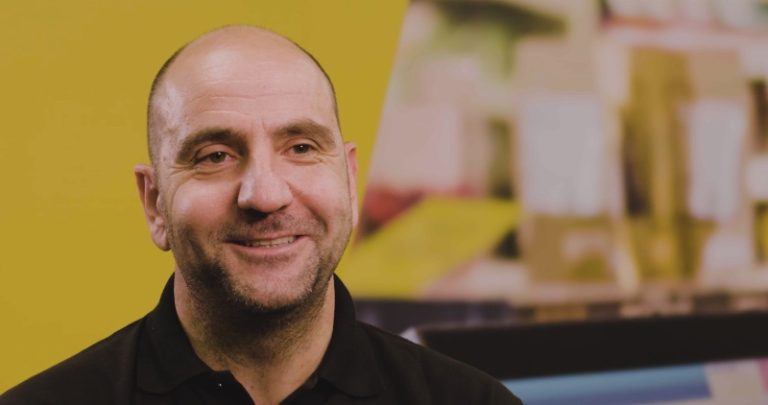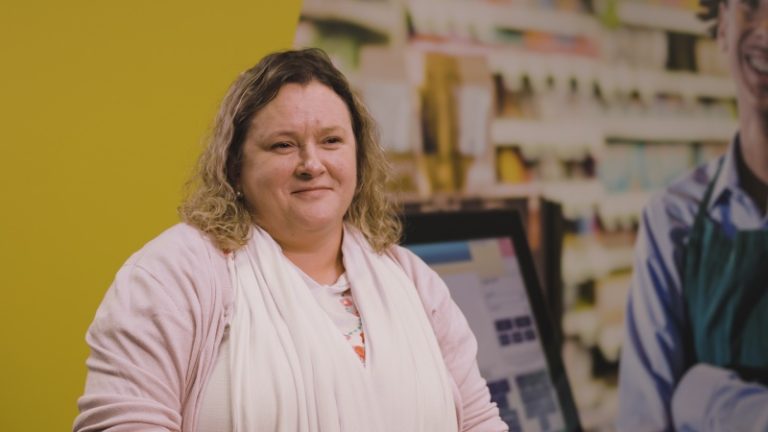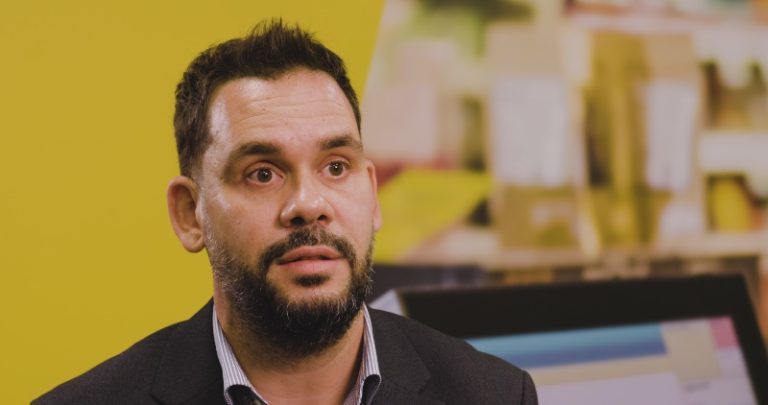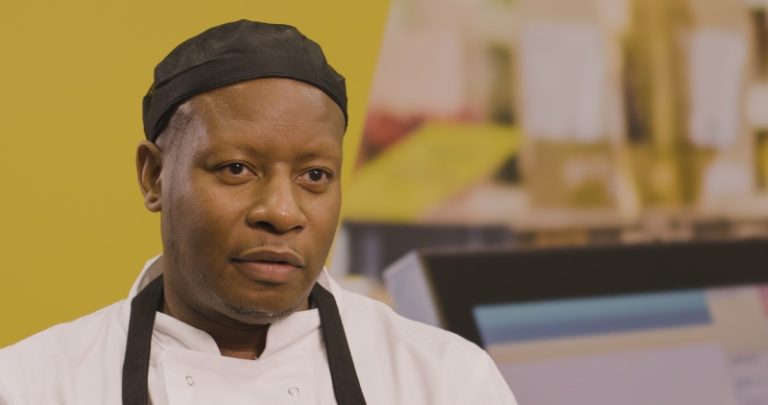Attitude & Orbit Control Systems Engineer
EADS Astrium
Robyn C
0.00.00 My name’s Robyn C. I am an attitude and orbit control systems engineer at EADS Astrium in Stevenage, which is basically the pointing control of a satellite, working out where you are, which direction you’re pointing and how you get it to where you want it to be. The basics of it is it’s working out where your satellite is, which direction it’s pointing in, how fast it’s moving and then making
0.00.30 sure that you can get it to where you want it to be, in the right direction that you want it to be pointing in. So it’s basically like the steering of the satellite. At school I was painfully quiet, very, very shy. Didn’t hugely like school but I did have some good friends there so it was okay. I liked the sciences and math because, well I found them interesting and also I was good at them.
0.01.00 And I also really liked geography, you know, the physical geography side of it. I had no idea really what I wanted to do when I was at school. I basically, I chose my subjects from a selection between the ones I was good at and the ones I found interesting. I mainly did geography because my English was never brilliant and I figured if I just focused on the sciences and the maths, which I really liked, I’d end up with no ability to write an essay. So I decided to take at least one essay subject as well to A level.
0.01.30 When I was growing up my dad was a professional actor, did quite a lot of theatre work and the odd little cameo. He was quite often out of work in the acting sense, so he did supply teaching when he wasn’t acting. When I was about 15 he said he wasn’t getting enough work and hated teaching, so retrained and now works with computers in an insurance company. And my mum sells stuff. She’s always sold a huge variety of different things.
0.02.00 My dad went to university. My mum left school at 16. I think she originally intended to go back to school but then got a summer job and liked it so much that she decided she wasn’t going to go back. There was always an expectation that I would go to university. I think they would have supported me if I’d chosen not to but after quite a lot of, what? Why not? You should go. For my degree, I was originally thinking that I’d go on and do something like geology or geophysics
0.02.30 and combining the maths and the physical geography side it, and then I was just happened to be flicking through a friend’s university prospectus and saw this course called Planetary Science. And I’d always liked space and the planets and so I thought ah, that’s perfect. So yes, so that’s basically how I chose my degree, it was kind of by chance that I saw one that I liked the look of.
0.03.00 Basically with planetary science there aren’t that many job options except go on and do PhD and by my fourth year of university I was not that keen on staying there any longer. I had some random chats with a girl who was doing a PhD in some sort of spacecraft engineering and I found it really interesting and thought, oh, actually rather than analysing the data that comes back from satellites, what I’d actually like to do is work on designing the satellites to collect the data. And so that was really the first time I’d ever considered going into engineering as a profession.
0.03.30 So yes, that was when I started on this route. Outside of work I have a few interests. I like tall ships, so big ships with sails, going sailing on those and climbing up the rigging and being out on the boat in the middle of the ocean, tugging on some ropes to get the sails released is one of the most exhilarating feelings I think, and so done a couple of trips. The largest one was across the Atlantic, so 25 days at sea from Barbados to the Azures which is amazing.
0.04.03
Robyn works on satellite navigation systems, she never really considered going into engineering as a profession untill she met someone in her fourth year of university who was doing a PhD in spacecraft engineering.
More information about Biochemists and biomedical scientists
The UK average salary is £29,813
There are 37.5 hours in the average working week
The UK workforce is 47% female and 53% male
Future employment
- Studies the chemical form, structure, composition and function of living organisms
- Identifies and studies the chemical substances, including microbial infections, involved in physiological processes and the progress of disease
- Performs tests to study physiological and pathological characteristics within cells and other organisms
- Researches the effects of internal and external environmental factors on the life processes and other functions of living organisms
- Performs tests to help clinicians diagnose and treat various conditions, evaluates existing treatments and researches new ways to treat diseases
- Researches, develops and quality checks new products in the pharmaceuticals, food production and agricultural Industries
